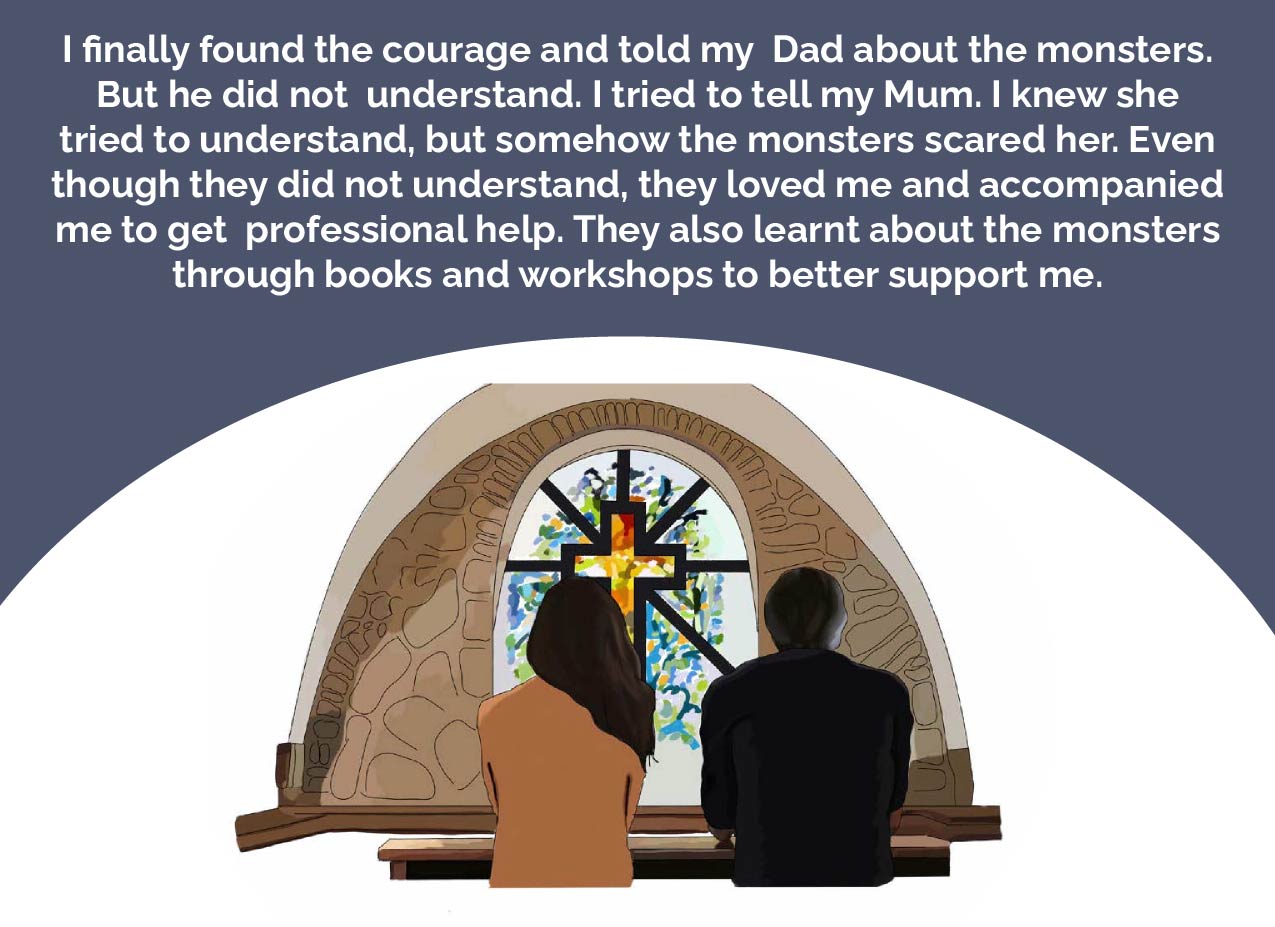As such, youths turn to automatic responses of "I AM OK" to conceal their feelings when others check in on them. It is painful for youths to live a life of "fake it till you make it" as pretending to be fine often causes them to feel anxious and depressed.
One of the ways we can help youths is to encourage them to use responses like "I'm coping", "I'm surviving", "I'm still learning" or "I am work-in-progress". These methods of responding can help youths to feel more genuine and liberated, allowing them to build more authentic relationships with people."
Letting go of the need to be perfect
Some youths feel that they need to be perfect to be worthy. They feel less valued by their parents or friends in school if they make mistakes can lead to feelings of shame, sadness and even anger.
We can ask them thought-provoking questions to encourage them to think more positively over mistakes. A question I often use in my practice is: "Why do you think we have an eraser or delete key in our devices?" And I should share that it is because everyone makes mistakes, and we can learn from our mistakes and rewrite them using the right words.
I have also shared with youths who would beat themselves up over their failure to achieve good grades or excel in sports to see mistakes as opportunities for growth. Bravery is in rising every time we fall. Appreciate your courage of rising to walk again.
Reducing usage of digital devices
The use of smartphones through its endless variety of apps and social communication platforms can be a rewarding and enriching activity. However, maladaptive use of such devices can also lead to addiction, fears of missing out (FOMO) or nomophobia (fear of being without a phone).




